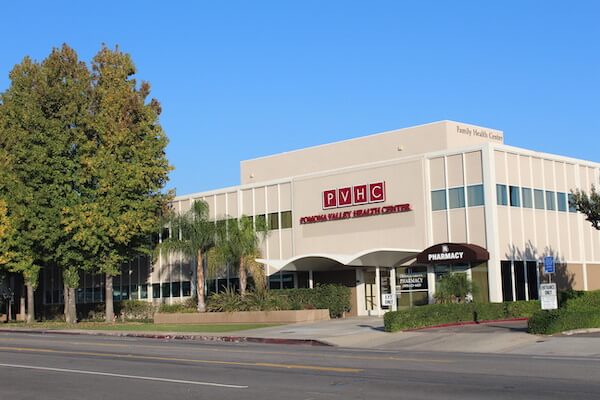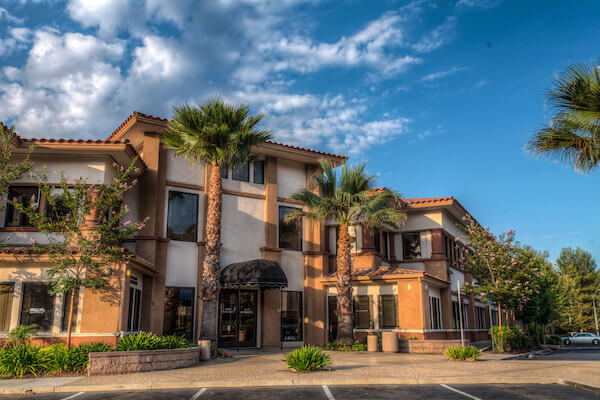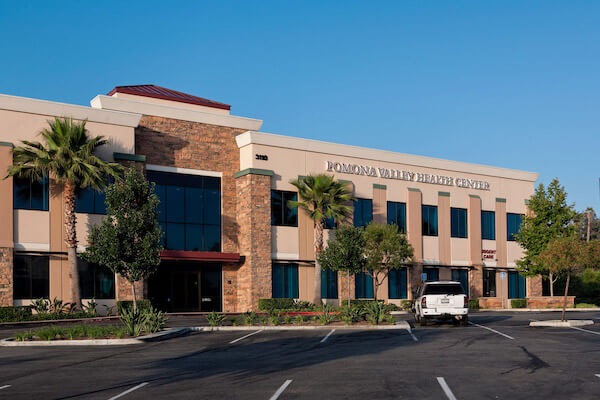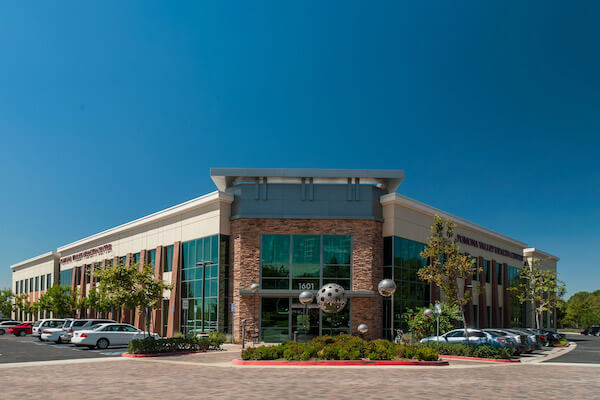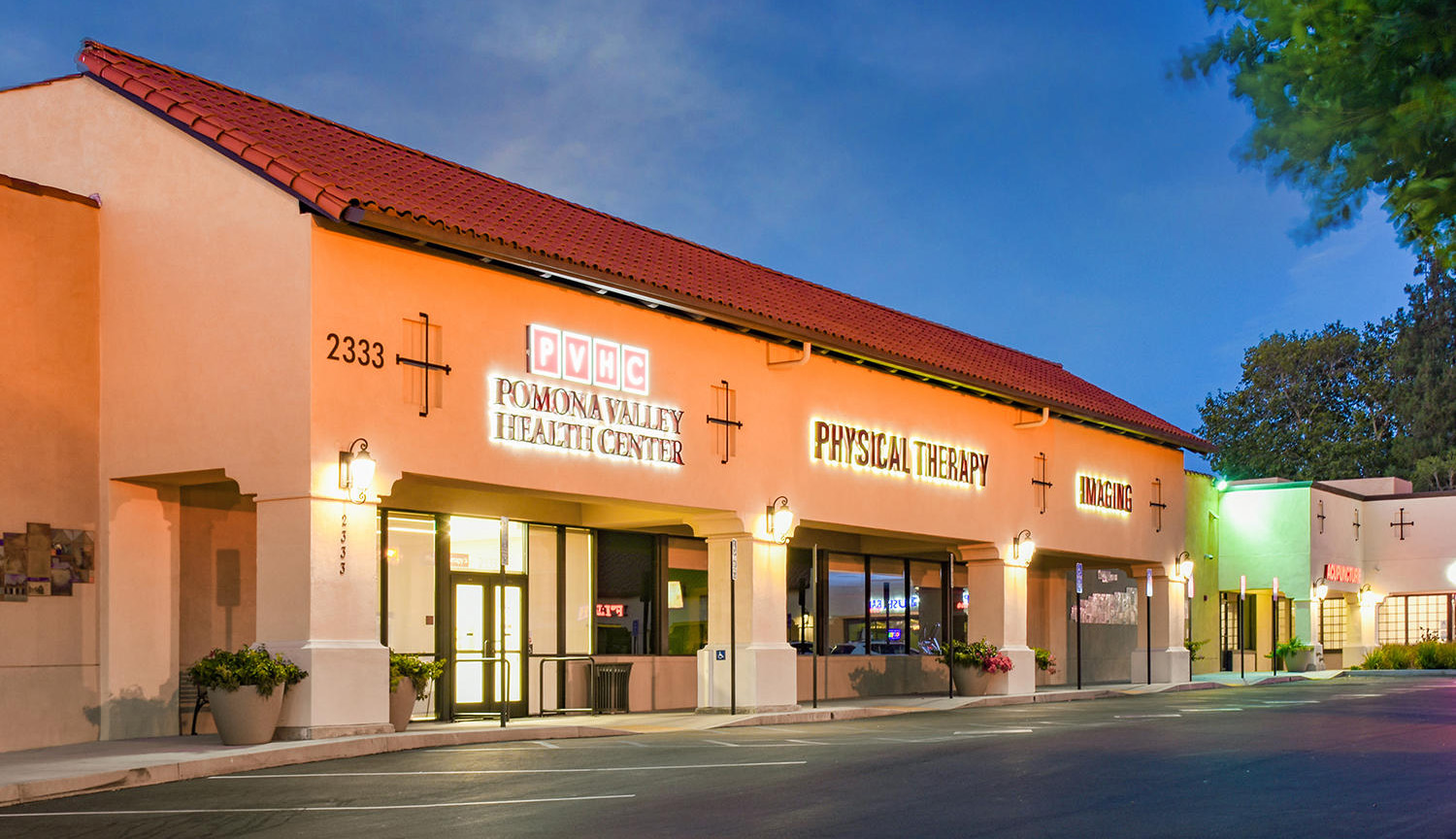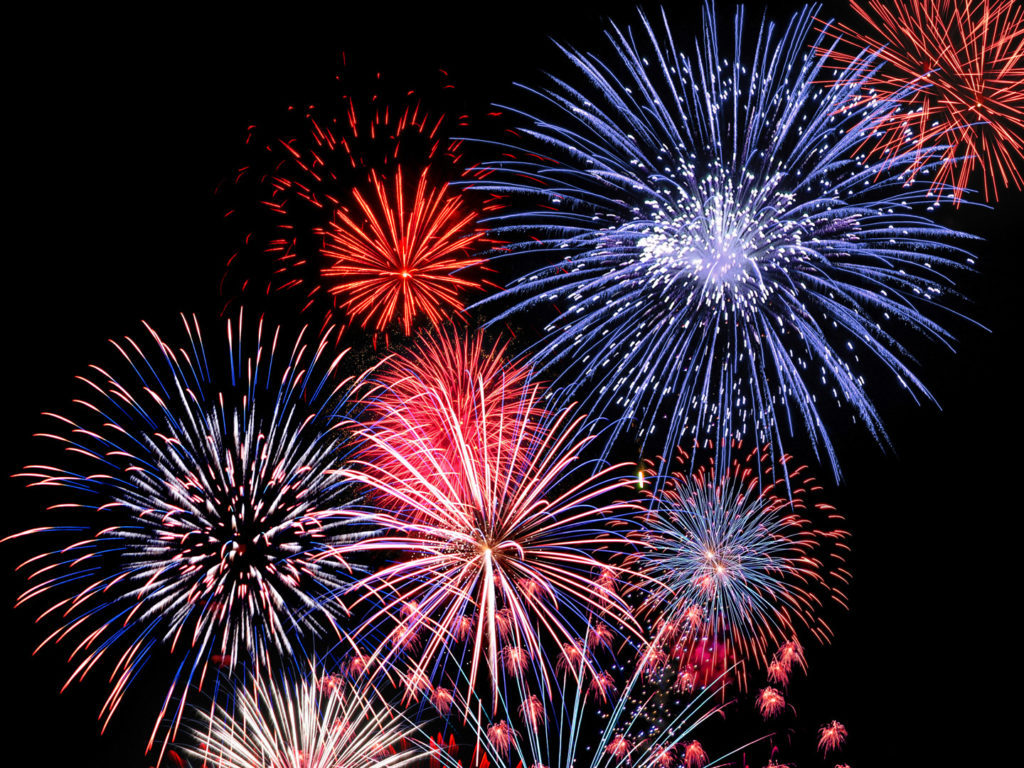 The July 4th weekend is almost here, and that means a fun, extended weekend for many Americans. But as you gather around the picnic table, campfire or fireworks display for loads of fun and merriment, it’s important to understand the risks and importance of Fourth of July safety as well.
The July 4th weekend is almost here, and that means a fun, extended weekend for many Americans. But as you gather around the picnic table, campfire or fireworks display for loads of fun and merriment, it’s important to understand the risks and importance of Fourth of July safety as well.
The approaching holiday often includes excessive drinking and fireworks. Mid-summer heat can quickly lead to heat-related illnesses as well. According to Pew Research Center, more Americans visit the emergency room on July 4th and 5th than any other days of the year, making it one of the most dangerous weekends of the year.
Fourth of July safety tips
Stay safe this holiday weekend with these tips:
- Watch professional fireworks
If not handled properly, fireworks can cause burns as well as hand and eye injuries in both kids and adults. In fact, something as simple as a sparkler can cause third-degree burns. The best way to protect your family and friends is to not use any fireworks at home.
- Drink plenty of water
The best thing you can do for your body is to keep it cool during hot summer days and outdoor events. Wear a hat, loose clothing, sunscreen and sunglasses to help keep your body temperature from rising too much. Drink plenty of water and eat foods that are water-rich like watermelon, cucumbers and peaches.
- Avoid foods that spoil easily in the heat
If you arrive late to a picnic or barbeque, it can be difficult to know how long the food has been left unrefrigerated. Play it safe and avoid anything that could contain dairy, mayonnaise, fresh fruits and vegetables, seafood and fried chicken. And when in doubt, skip it.
- Practice practical safety
First and foremost, stay home if you are feeling unwell or have a fever or symptoms of COVID-19. Before heading out for your weekend of fun, it’s important to be prepared, so you’ll want to ask yourself a few questions:
- Do I need a designated driver? If so, who will it be?
- Do I need any safety equipment (e.g., a life vest)?
- Did I remember my water bottle and sunscreen?
- Do I have a first aid kit with band aids, antiseptic wipes, antibiotic ointment, gauze and scissors?
- Do I know where to go in case of emergency?
Common Fourth of July injuries
For many families across the United States, the Fourth of July is a time for enjoying friends, family, barbeques and fireworks. But along with all that fun can come plenty of opportunities for getting hurt. Here are five common Fourth of July injuries:
- Hand and face injuries
Sparklers may look beautiful, but they can still cause serious burns to the skin. If you or your children are planning to use sparklers this Fourth of July holiday, keep a bucket full of water nearby, keep your arms fully extended away from your face and body when using them and only light them in wide open spaces (and far away from anything flammable).
- Dehydration or heat stroke
Fourth of July safety includes keeping track of your water intake and ensuring you stay hydrated and cool. Drink plenty of water and take lots of breaks in the shade or indoors to avoid dehydration or stroke. Symptoms of heatstroke include fast heartbeat, rapid breathing, dizziness, confusion, headache, nausea or fainting. Call 911 if the person becomes unconscious.
- Food poisoning
Heat causes bacteria to multiply faster, so avoid undercooked meats and perishables that have been left unrefrigerated for more than an hour. Symptoms of food poisoning include nausea, vomiting, stomach cramps and diarrhea and can begin as soon as 30 minutes after exposure.
- Car accidents
July 4th is one of the most dangerous driving days of the year according to the National Safety Council. To make sure you get to and from your events safely, prepare your car before you go (e.g., check oil, tire pressure, etc.), drive the speed limit, avoid distractions (e.g., cell phones), buckle up and designate a sober driver or arrange alternate transportation if you plan to drink alcohol.
- Boating accidents
Many people take to the water on holiday weekends, so there is more potential for injury. Keep yourself and your loved ones safe by inspecting all floatation devices on board. Make sure you have an experienced driver and captain who follows all rules of navigation and speed limits.
If you’ve been seriously injured and in need of urgent medical treatment, visit your local Pomona Valley Health Center urgent care or call 909-378-9512 right away.
We offer well-equipped urgent care centers in Claremont, Chino Hills and LaVerne. We are open Monday – Friday from 8 a.m – 8 p.m. and 9 a.m. – 5 p.m. on weekends and most holidays. Our hours for the 4th and 5th of July are 9 a.m. – 5 p.m.
 The July 4th weekend is almost here, and that means a fun, extended weekend for many Americans. But as you gather around the picnic table, campfire or fireworks display for loads of fun and merriment, it’s important to understand the risks and importance of Fourth of July safety as well.
The July 4th weekend is almost here, and that means a fun, extended weekend for many Americans. But as you gather around the picnic table, campfire or fireworks display for loads of fun and merriment, it’s important to understand the risks and importance of Fourth of July safety as well.